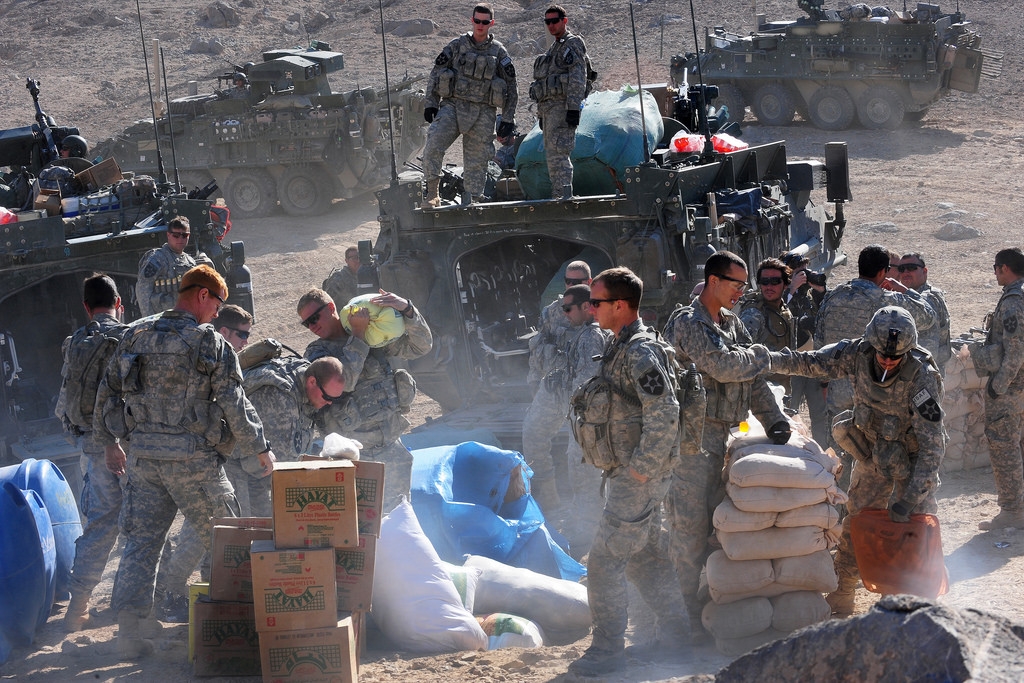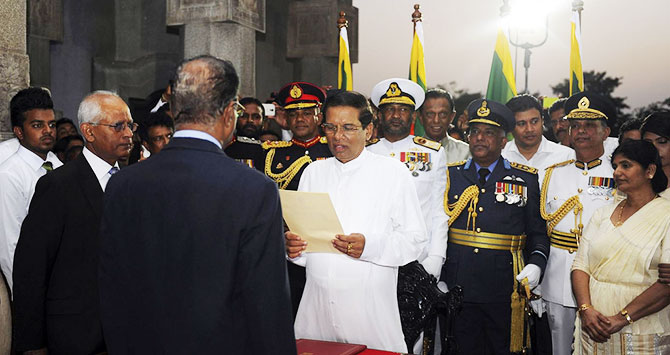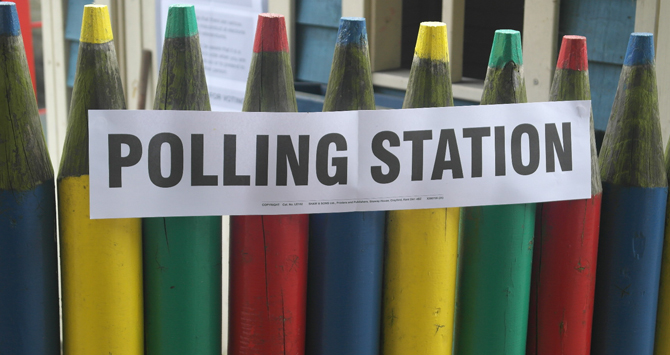Guest bloggers, Ivica Petrikova and Melita Lazell summarise a paper in which they examine whether and how securitisation has affected the distribution of UK, US, Danish and Swedish development aid by sector through investigating how conflict in aid-recipient states and the extent to which these states are perceived as a security threat, affect aid commitments to priority sectors; democratisation and peace, conflict and security.

There is a general perception in the Western world that development aid is provided out of moral obligation, to help people in poor countries. In reality, aid has always in part been motivated by the national interest of donors. Over the last 20 years, however, development practitioners and non-governmental organisations have warned that aid has been securitised; that is that donors provide aid primarily to protect their own security. Our research examines this claim and shows that aid securitisation has had the greatest impact on countries which are of strategic interest to donors and when right-leaning parties are in power in the donor country.
Securitisation in development discourse
The international development policy of Western donors has increasingly connected conflict in the Global South with security at home. For example, the UK’s development strategy document from 2015, titled UK aid: Tackling global challenges in the national interest, commits the bulk of UK aid to conflict-affected states. Aid invested in two types of specific programmes is understood to reduce conflict: conflict-prevention and resolution activities and projects which build democratic and inclusive societies. These activities should, according to Western donors, be preferentially funded to reduce conflict in the Global South and increase security in the Global North.
Countries of ‘strategic importance’ to donors
Donors emphasise two ways in which conflict in the Global South can impact security at home. First, they suggest that conflict breeds terrorism, which could threaten the lives of Western citizens both abroad and at home. Second, they note that conflicts prompt people to migrate. The resulting refugee flows may threaten national security through increased crime or social tensions.
Whilst donors emphasise that the conflict also undermines development in the affected state, our studies of four bilateral (United States, United Kingdom, Denmark, and Sweden) and three multilateral donors (European Commission, World Bank, and United Nations Development Programme) showed that developing countries affected by conflict are not all preferential recipients of conflict-resolution and democratisation aid. Only conflict-affected countries that ‘threaten’ donor countries through a large number of migrants, a high number of terrorist attacks, or both are preferential recipients of this type of aid. Thus donor countries have invested heavily in the government and civil sectors of ‘strategically important’ countries like Iraq, Afghanistan, and Somalia, whilst countries with ‘hidden’ conflicts including the Central African Republic, Chad, and Papua New Guinea receive not only little attention from Western media but also scant Western development aid to reduce conflict.
Importance of donors’ domestic political scene
In addition, the preference for providing anti-conflict aid to strategically important countries is often stronger when right-leaning governments are in power in the donor countries. For example, US aid provision became less oriented towards strategically important countries under the Obama administration in 2009. In contrast, once the Conservative-Liberal Democrat coalition took power in the UK in 2010, it gradually began to deploy more aid to countries perceived to be strategically important to the UK and less aid elsewhere. These examples fit with the broader finding that right-leaning governments in OECD countries provide less aid to poverty-reduction efforts and more aid to initiatives promoting their national interests.
Implications
The effectiveness of aid at achieving positive development outcomes is disputed. The same is true of aid for conflict resolution and democratisation. Using aid to build peaceful, democratic societies rarely succeeds. Donors invested heavily in peacebuilding and democratisation in Iraq and Afghanistan, but failed to achieve a sustainable democratic peace. Therefore it is not certain if strategically less important countries are harmed by receiving less anti-conflict aid. But the current plight of civilians in Yemen, another previously ‘hidden conflict’, indicates that ignoring such countries is not the answer either.
Ivica Petrikova (@IvicaPetrikova ) is Lecturer in International Relations at Royal Holloway, University of London and Co-Director of the Centre for Politics in Africa, Asia, Latin America, and the Middle East (AAME). Her main research interests include the effectiveness and securitisation of development aid, economic inequality and social exclusion, and food security.
Melita Lazell (@UoP_PoliticsIR) is Principal Lecturer in Political Economy at the University of Portsmouth and the Area Leader for Politics and International Relations. Melita’s research focuses broadly on the global governance and political economy of development and the securitisation of development and development aid.
The views expressed in this post are those of the author and in no way reflect those of the International Development LSE blog or the London School of Economics and Political Science.






The biggest problem with the aid is that it goes missing in overheads, high-salaries and administration.